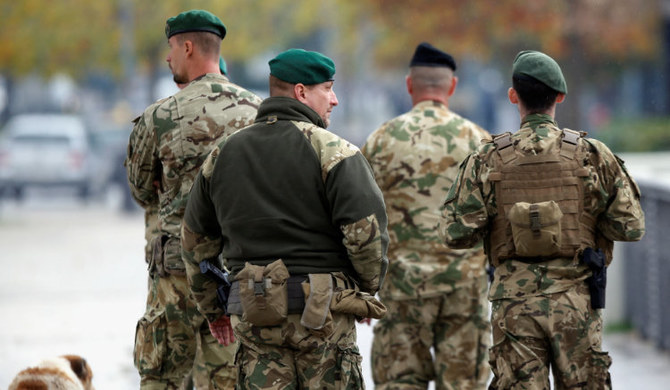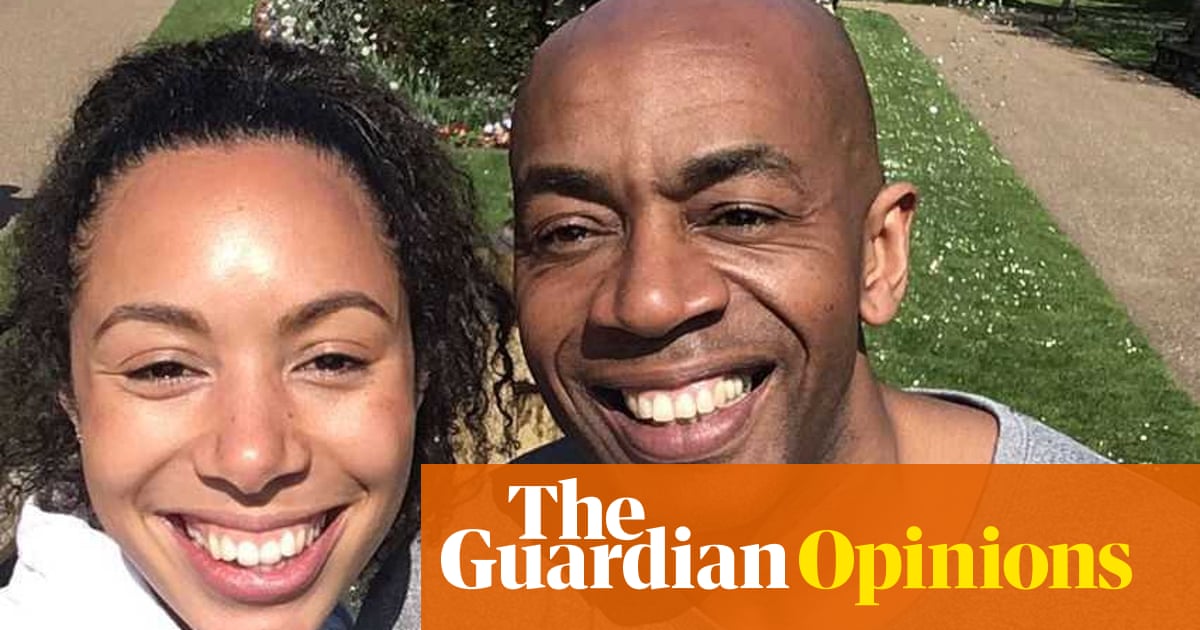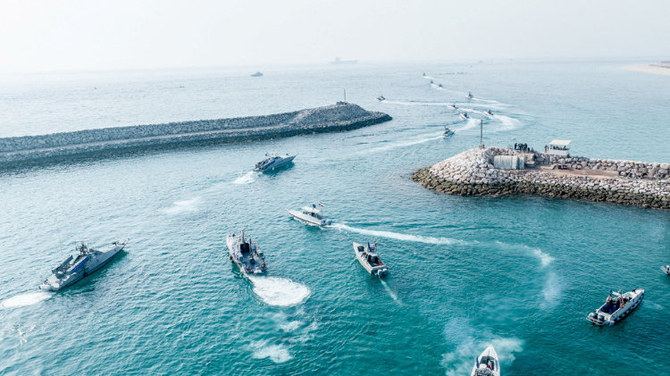
Violence flared in northern Kosovo last week between ethnic Serbs and NATO’s peacekeeping mission, KFOR. The clashes left NATO troops injured, Serbia emboldened, Kosovo weakened, Russia empowered, and the transatlantic community divided.
Although tensions between ethnic Albanians and ethnic Serbs in Kosovo go back centuries, the seed for the latest round of instability was planted last summer, when the Kosovar government implemented a vehicle registration policy that many Serbs thought unfairly targeted them. By November, local mayors and officials in ethnic Serb regions of northern Kosovo had resigned en masse in protest at the policy. With tensions simmering throughout the winter, ethnic Serbs in Kosovo boycotted local elections in April at the behest of Serbian President Aleksandar Vucic. Unsurprisingly, the boycott resulted in the election of ethnic Albanians in regions of Kosovo that are predominantly ethnic Serbian.
When the newly elected officials tried entering their town halls last week, violence broke out. Thousands of people, both ethnic Serbs living in Kosovo and Serbian nationals crossing the border from Serbia, took to the streets, causing mayhem. About 25 NATO peacekeepers were injured while defending three town halls in northern Kosovo. In response to the violence, NATO Secretary General Jens Stoltenberg said 700 additional troops would be sent to Kosovo to help maintain order.
Official statements from the US and EU laid most of the blame with Kosovo — some argue unfairly and disproportionately. The US even removed Kosovo from a major military exercise taking place in Europe. Meanwhile, British officials cautioned Washington and Brussels against taking such a lopsided approach with their criticism of Kosovo.
Following the sectarian wars in the Balkans of the 1990s, Kosovo was placed under UN administration in June 1999. On Feb. 17, 2008, Kosovo declared independence from Serbia and has to date been recognized by more than half the members of the UN General Assembly, including all its neighbors in the Balkans aside from Serbia. Since 1999, NATO has kept a peacekeeping force in Kosovo, as authorized by UN Security Council. Although China abstained from the vote establishing the legal mandate for the peacekeeping force, it is worth pointing out that Russia voted in favor. Bahrain, the only Arab non-permanent member of the Security Council at the time, also voted in favor.
Long viewed as Europe’s tinderbox, the Balkans region today remains an area of instability that policymakers should not ignore. After the end of the Cold War and the disintegration of Yugoslavia into seven new countries, the region suffered a series of deadly conflicts that were brought under control only after outside military intervention. Even today, the security situation remains fragile. Recent events in Kosovo are a reminder of this.
The Euro-Atlantic community has played a constructive role in the Balkans, helping to secure the region, putting an end to sectarian violence of the 1990s, establishing a committed presence on the ground to safeguard this hard-won peace. NATO and EU enlargement has served as crucial drivers of the region’s reforms and modernization. So far, Slovenia and Croatia are in NATO and the EU. North Macedonia, Montenegro and Albania are in NATO. Other countries in the region aspire to join both.
Long viewed as Europe’s tinderbox, the Balkans region today remains an area of instability that policymakers should not ignore.
Luke Coffey
The events in Kosovo can destabilize the Balkans at a time when the geopolitical situation in the transatlantic community is already tense over Russia’s invasion of Ukraine. Sectarian divisions in the Balkans are a constant undercurrent, and the region continues to struggle with high unemployment, pervasive corruption, and the flight of human capital, especially among the young and educated. Even today ethnic, religious, and cultural differences, along with historical grievances, retain the potential to set off renewed hostilities and violence.
The situation in Kosovo grabs the interest of more than just Europeans. After watching the horrific images ofinnocent Muslims being slaughtered by Serbs in 1999, many Arab countries took a keen interest in events in Kosovo. Two Arab states even deployed troops to Kosovo to help maintain the peace. During the early days of NATO’s peacekeeping mission about 1,500 Emirati troops deployed to Kosovo. Morocco also deployed troops to Kosovo from the beginning of the establishment of KFOR. Over the course of 14 years, more than 11,000 Moroccan troops served there. Thirty-three out of 57 members of the Organization of Islamic Cooperation recognize Kosovo. Thirteen out of 22 members of the Arab League recognize Kosovo as independent, including Saudi Arabia, the UAE and Qatar.
There is also a Russia angle at play in the region that runs counter to Europe’s. Serbia remains Russia’s main foothold in the Western Balkans. Russia’s economic and military ties to Serbia are strong, and Russia’s propaganda campaigns are extremely active. Russia sees the Balkans as a place to distract from Ukraine and cause problems for NATO. Under Vucic’s leadership, Serbia is Russia’s enabler in the region. Perhaps Serbia will someday play a constructive role in the region, but this is unlikely to happen soon.
Since Kosovo declared independence from Serbia in 2008, there has been constant tension between the two countries. Although ties have gradually improved over the years, it was always two steps forward and one step back. This does not mean that the international community should give up. With much of the international focus being on Ukraine, tensions between China and Taiwan, and the recent skirmishes between the Taliban and Iran, policy makers should not ignore the Balkans.
The region has been a major source of conflict in Europe for centuries. It cannot be overlooked and constructive international engagement in the Balkans is key to regional stability and security.
• Luke Coffey is a senior fellow at the Hudson Institute. Twitter: @LukeDCoffey












